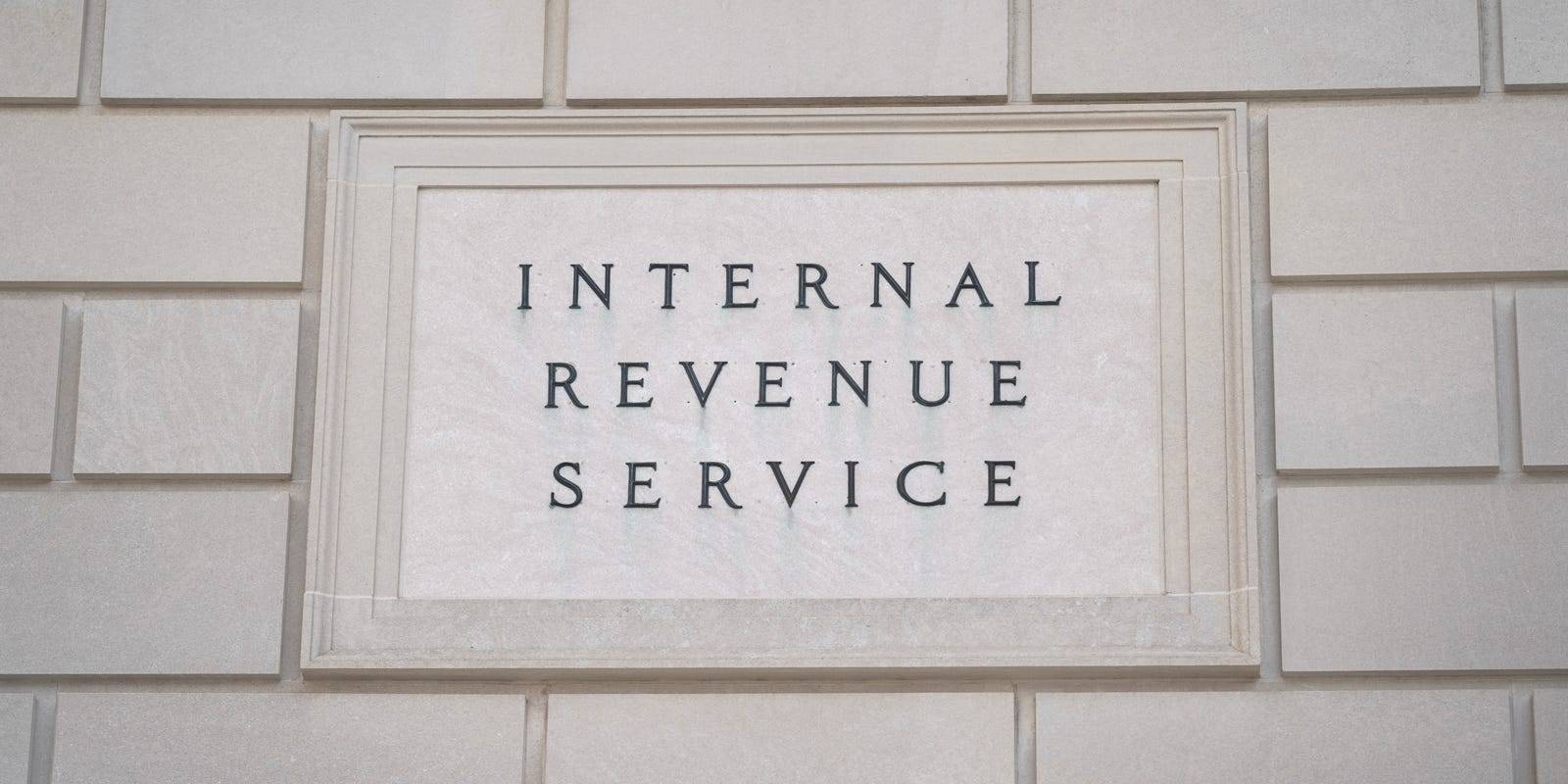Cryptocurrency and Legal Regulation
Cryptocurrency and blockchain technology have revolutionized how we manage finances and assets, but they have also introduced new challenges in terms of tax compliance and legal regulation. Recently, several cases have highlighted the complexities and potential pitfalls associated with these technologies.
Case Studies in Crypto Crime
In New York City, Robert Taylor was convicted for running an illegal Bitcoin ATM operation, which marketed itself to individuals involved in criminal activities. Taylor’s business earned over $1 million in fees by converting more than $5.6 million into Bitcoin without proper licenses. This case underscores the importance of compliance with financial regulations, as Taylor was also charged with criminal tax fraud.
Another notable case involves Michael Lauchlan, who created a scam cryptocurrency recovery website called Coin Dispute Network. Lauchlan allegedly exploited customers by promising to recover their lost cryptocurrency in exchange for fees, but instead, he stole from them. His scheme highlights the risks faced by those who fall prey to false promises of asset recovery. Read more about the FTC’s case.
Crypto Tax Fraud and Regulation
These examples illustrate how cryptocurrencies, while offering financial innovation, require robust legal frameworks to prevent misuse. The rise of crypto tax fraud is particularly concerning, as individuals may incorrectly report or fail to report cryptocurrency-related income, leading to severe legal consequences. In 2024, the IRS actively pursued tax evasion cases involving cryptocurrencies, emphasizing the need for accurate reporting and compliance.
Regulatory bodies and law enforcement agencies are increasingly focusing on these issues. The integration of blockchain technology into financial systems is presenting both opportunities for growth and challenges in maintaining legal compliance. As the crypto landscape evolves, it is crucial for investors and users to understand the legal ramifications of their transactions and to adhere to tax laws to avoid potential legal issues.
Tools and Education for Compliance
Understanding the nuances of these technologies can help mitigate risks. Platforms and services are emerging to assist with tax compliance, providing tools for accurately tracking and reporting cryptocurrency transactions. These developments underscore the importance of education and awareness within the cryptocurrency ecosystem.
Conclusion
In conclusion, the intersection of cryptocurrency and law requires vigilance from both regulators and users. As innovation continues, ensuring compliance and understanding the legal implications of these technologies is essential to fostering a secure and prosperous cryptocurrency market.










